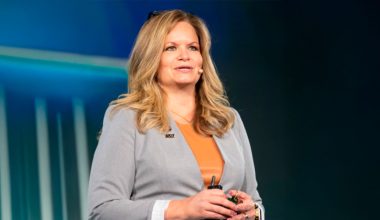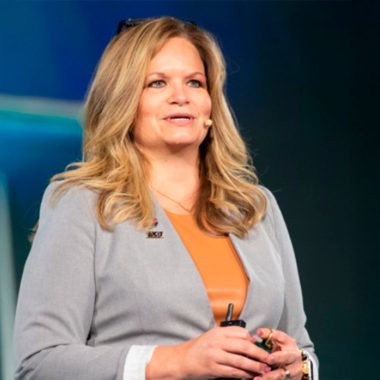Pharmaceutical companies face a unique challenge when implementing enterprise software. Unlike other industries, they must navigate strict FDA regulations while deploying modern platforms like ERP and Salesforce. Adrian Vazquez, a compliance expert specializing in pharmaceutical IT implementations, has spent his career helping organizations bridge the gap between technical delivery and regulatory requirements. His approach centers on a straightforward principle: compliance isn’t an add-on, it’s foundational to doing business in regulated industries.
Understanding GxP in Modern IT Systems
The term gets thrown around a lot, but what is it really? “GxP compliance is how to comply with Good Manufacturing Practices, Good Clinical Practices, Good Laboratory Practices, etcetera,” Vazquez explains. These aren’t voluntary guidelines. The FDA requires pharmaceutical companies to follow these regulations if they want to manufacture and market drugs in the United States. Miss the compliance mark and the product doesn’t go to market. It’s that simple.
Here’s where things get tricky. “Most IT project teams are heavy on the technical side. However, they lack the compliance expertise,” Vazquez points out. Engineers and developers focus on what they know best, getting the system built and running. Compliance becomes secondary. “They prioritize delivering the solution rather than complying with FDA regulations,” he says. That imbalance creates headaches down the line.
Framing Compliance as Business Cost
Business leaders sometimes see compliance work as an extra expense eating into their budget. Vazquez doesn’t buy into that framing. “Compliance is part of the cost of the product. It is not an optional addition to your implementation of ERP or Salesforce. It is a requirement,” he states flatly. Without compliance, there’s no market access. “If you don’t comply with the regulations, you cannot market your product. So it is embedded in the cost of doing business.”
The secret isn’t working harder on compliance, it’s planning smarter from the start. “It’s a matter of planning for compliance in advance,” he notes. Teams that bolt compliance on after building their systems end up in trouble. “If you start with the technical delivery and you don’t take into consideration the compliance aspect, you’re going to have problems.” Those problems aren’t just technical. “You are going to incur additional costs that may have been mitigated if you started thinking about compliance from the beginning.”
Integrating QA Teams from the Beginning
For global implementations, consistency matters. Vazquez emphasizes bringing quality assurance teams into discussions from the beginning. “It is important that the QA team that is in charge of making sure that the products are delivered in a compliant manner is involved in every step of the way,” he explains. Waiting until the end doesn’t work. “It is imperative that the QA team gets involved and participates in the early discussions of the technical delivery.”
People worry compliance slows everything down. Vazquez sees it differently. “There’s a misconception that compliance slows you down. It only does if you don’t take into consideration the compliance aspect from the beginning.” Teams that integrate compliance thinking early actually move faster. “You can actually deliver faster if you plan for it,” he adds. The slowdown comes from retrofitting, not from compliance itself.
Cloud platforms are changing how pharmaceutical companies implement enterprise systems. Compliance requirements aren’t changing with them. “Compliance is going to continue to be a requirement for all computer system implementations in the pharmaceutical environment,” Vazquez observes. If anything, the importance grows as more companies move to platforms such as Salesforce and modern ERP systems. Companies that build compliance thinking into their DNA will handle these transitions better than those treating it as an afterthought.
Connect with Adrian Vazquez on LinkedIn to learn more about compliance in pharmaceutical IT.





